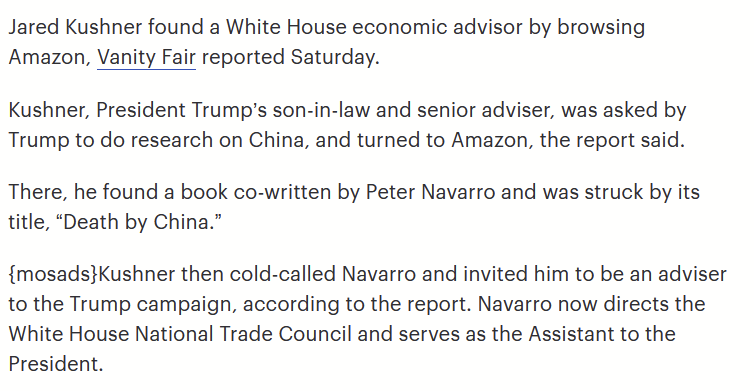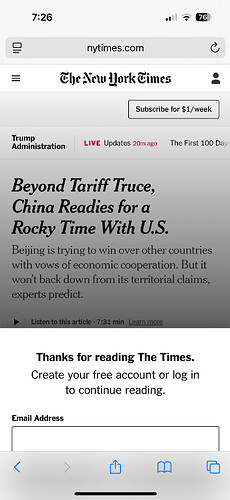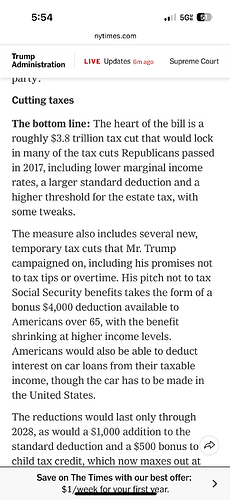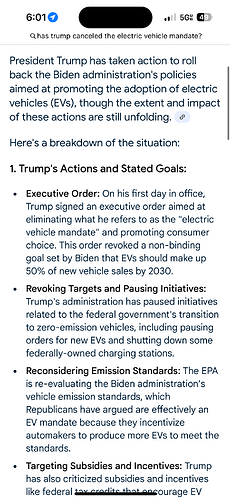Incorrect. You stated “his plan is working” and you were asked what evidence do you have the supports your hypothesis and you responded with the article. Once again, never taking ownership for anything.
No. We’re pretty clear on his plan. Now, you’re putting words in other people’s mouths.
When Trump changes his trade policies every 2 days and backs out of deals he, himself, signs - what incentive does anyone have to make a deal with him at all? China has negotiated utilizing diplomacy throughout recent history. You act like they have never come to the table before, which we’ve proven is a false statement.
But, they didn’t. UK is the only one who’s come to the table. You’re living in fantasyland again
They didn’t. Trump backed down. That’s all. There are no trade talks. China stood steadfast and Trump backed down. That’s all that’s happened.
Not really. Again, Trump backed down. China didn’t.
No, not all, really. It does show your narcissistic tendencies and you see cooperation as a means of manipulation, a disregard for ethical standards, etc. Typical from what we know about you…you’re a dirtbag Jersey salesman.
I definitely don’t look at negotiations the same way as you do. I think you have legit psychological issues.
The idea of “creating urgency” or “creating pain” to influence someone implies deliberately manufacturing discomfort or fear to force a reaction, rather than working transparently and respectfully. That does sound like a pretty manipulative and cynical way to approach relationships. It reflects a power-based, transactional view of relationships, rather than a values-based or human-centered one.
You appear to see relationships as power struggles. Rather than cooperation, you’re focused on leverage. You don’t appear to have the capacity for human empathy.
Ironically, this kind of aggressiveness often masks insecurity. If someone feels the need to manufacture urgency or pain to secure cooperation, it suggests they don’t believe they can earn trust through clarity, value, or presence. Control becomes a substitute for confidence.
Healthy, emotionally intelligent people and partners tend to seek alignment, not control.




